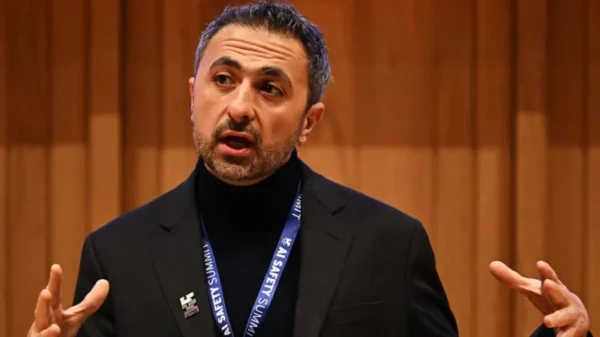Google Trial Ends: Judge Now Contemplates Historic US Antitrust Claims
The trial between Google and the U.S. Justice Department concluded with closing arguments, focusing on whether Google’s web search and advertising practices constitute unlawful dominance. U.S. District Judge Amit Mehta in Washington scrutinized both sides’ arguments, particularly exploring Google’s competition from platforms like TikTok and Facebook in the digital advertising market.
Central to the case is whether Google’s conduct violates civil antitrust law, with Mehta now tasked with rendering a significant decision. The judge probed issues such as the substitutability of competing platforms for advertisers and whether Google’s pricing adjustments consider competitors’ rates. Google’s advertising business, which generates significant revenue, was a focal point during the trial.
The government argued that Google’s monopoly power stems from its advertising revenue and alleged that the company can make its products worse and still profit, a hallmark of monopolistic behavior. In contrast, Google’s defense emphasized the decreasing share of U.S. digital advertising revenue held by the company and highlighted competition from platforms like TikTok and Facebook.
The trial also delved into allegations that Google intentionally destroyed internal documents relevant to the case, with the government urging consequences for this behavior. Mehta questioned Google’s document retention policies and considered potential sanctions against the company.
This case, initiated during the Trump administration, is part of broader efforts to address the market power of tech giants. President Biden’s antitrust enforcers have pursued similar cases against other tech companies like Meta, Amazon, and Apple. The outcome of this trial could have significant implications for the regulation of the tech industry and the future of competition in the digital advertising market.






































Comment Template